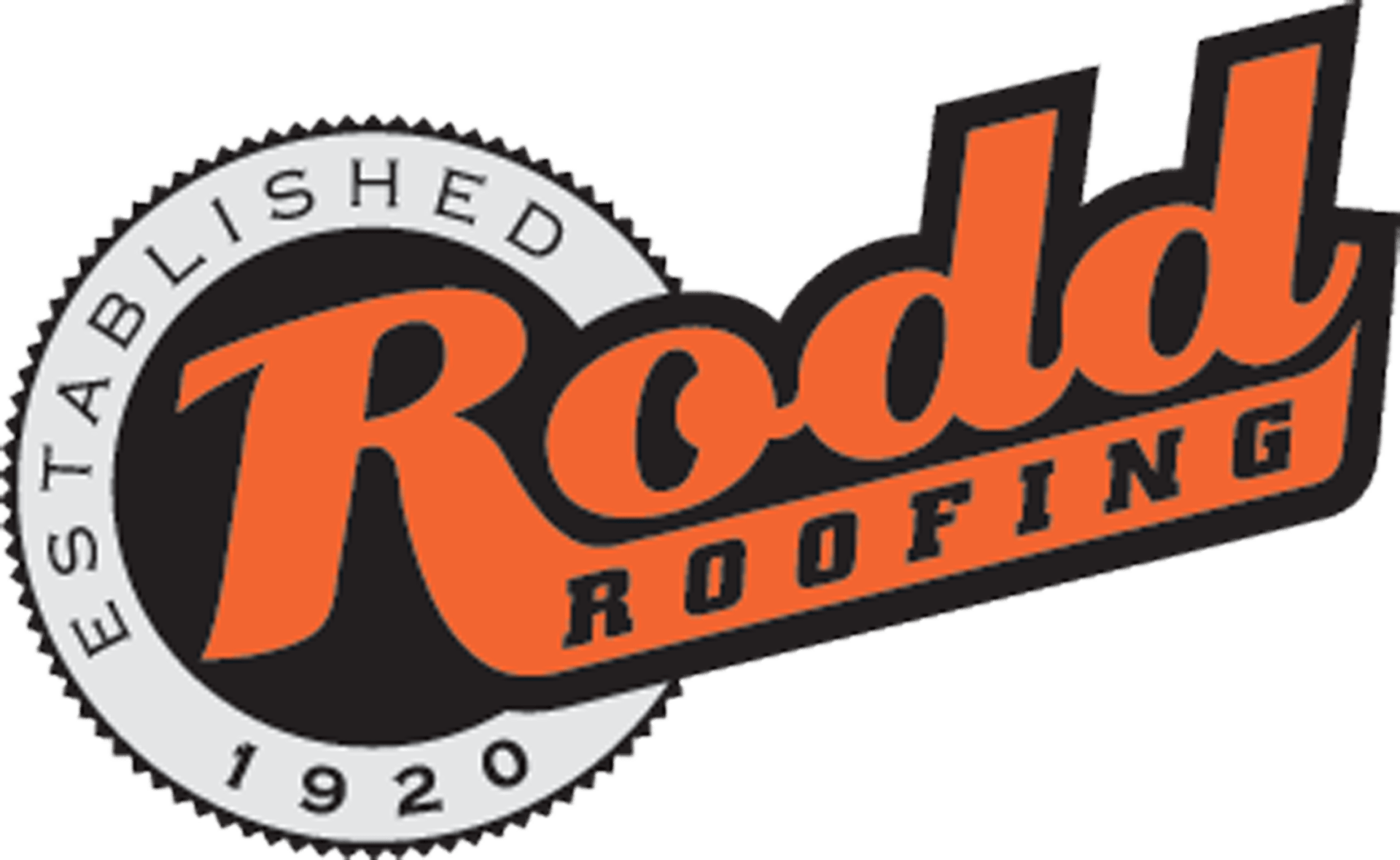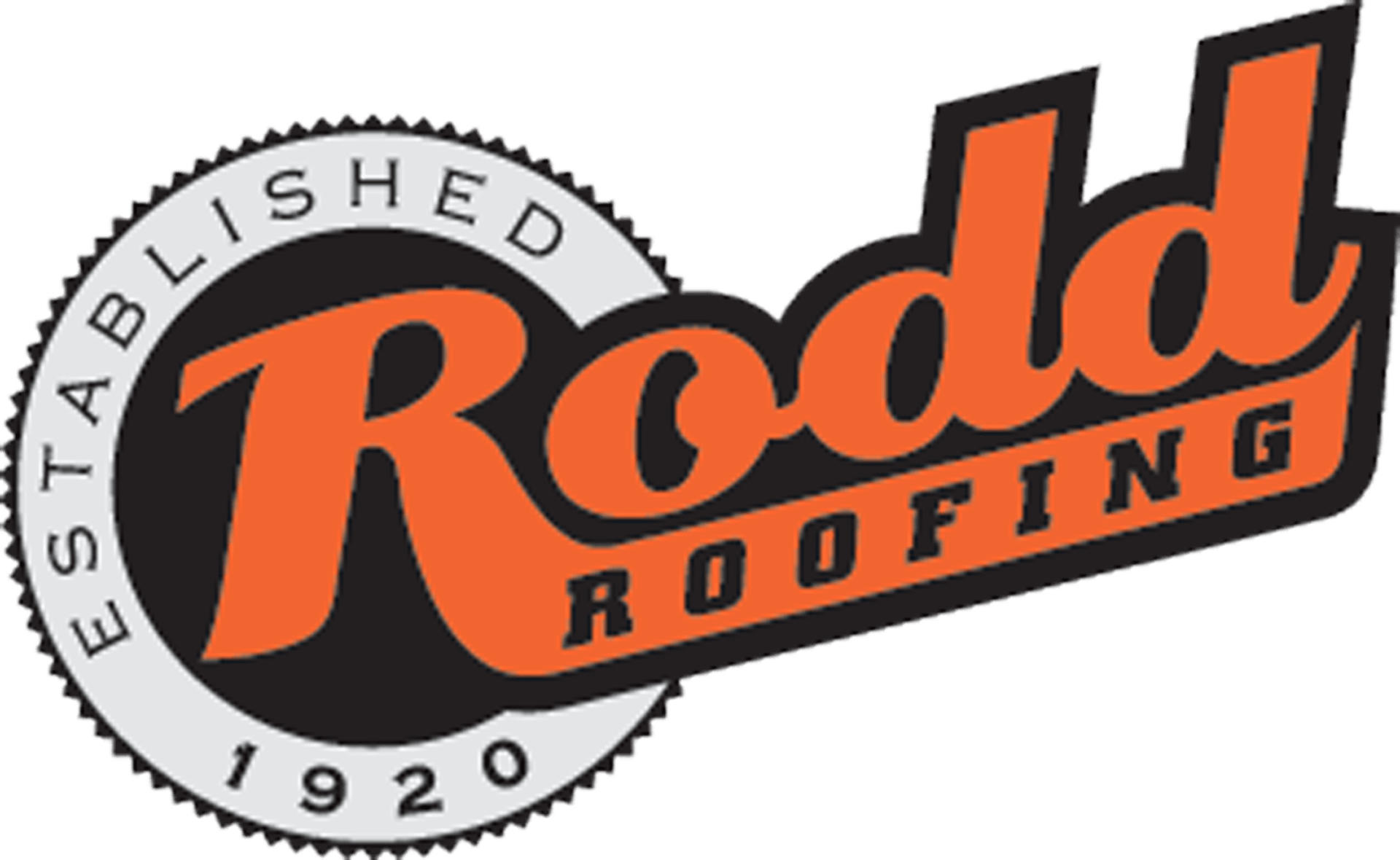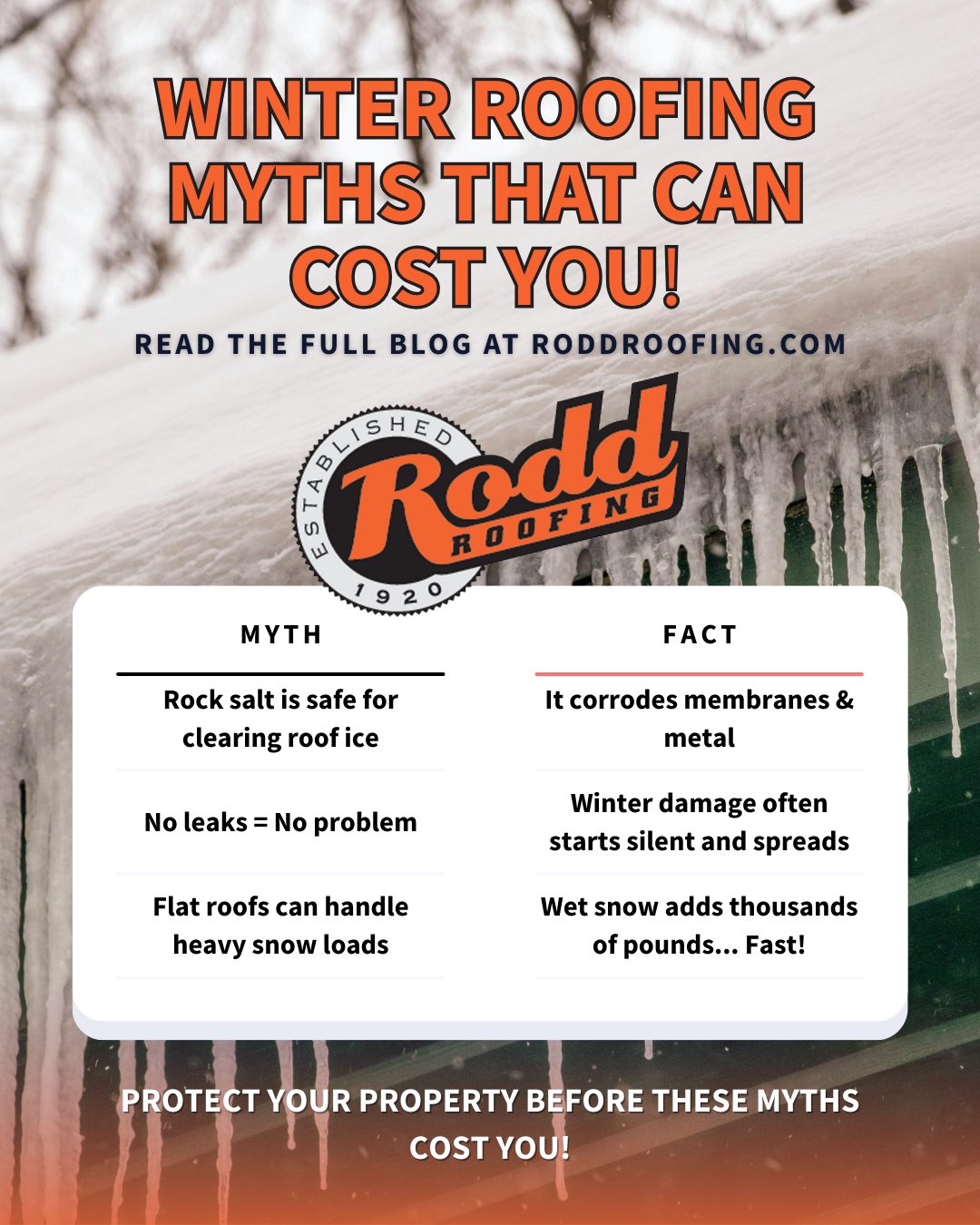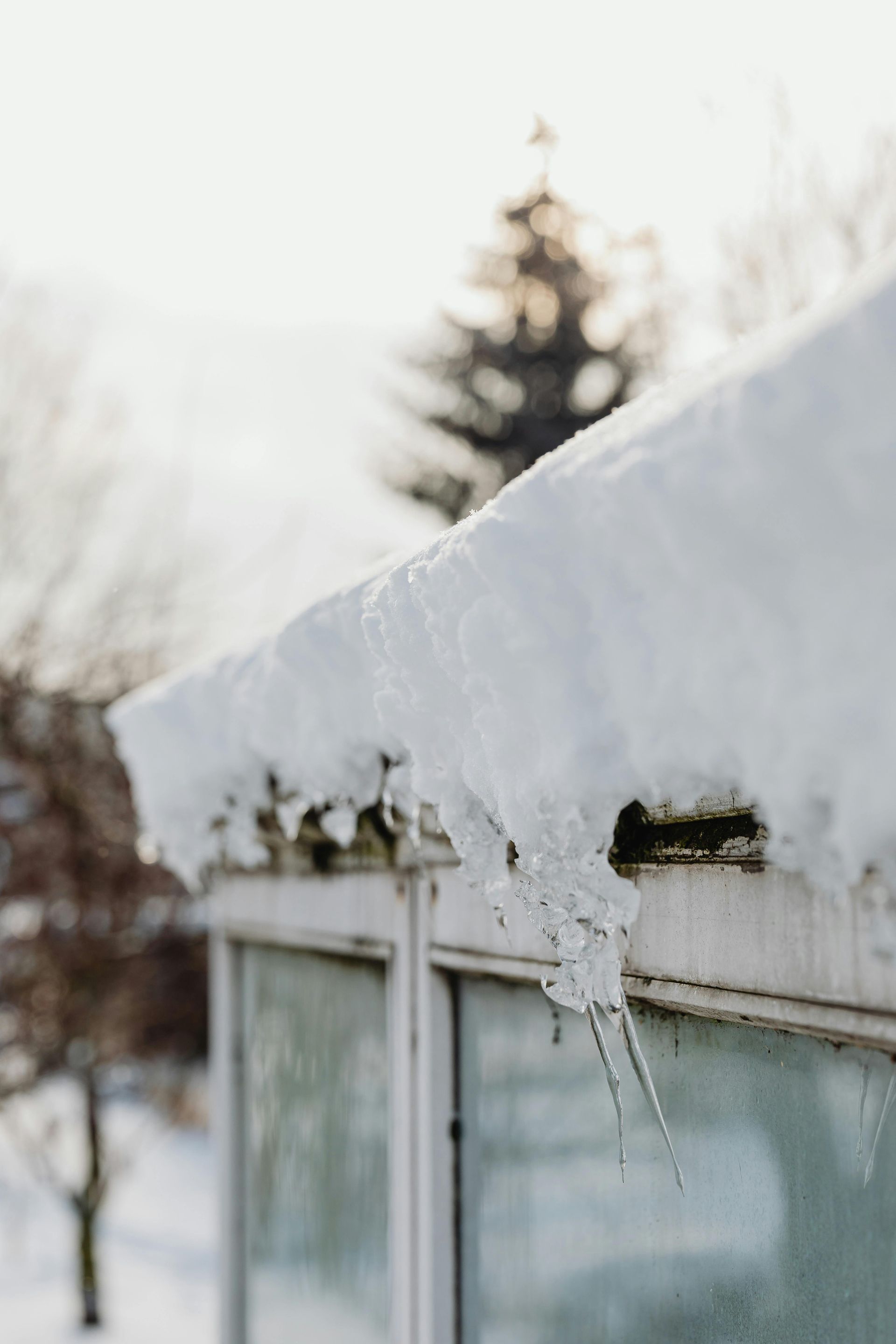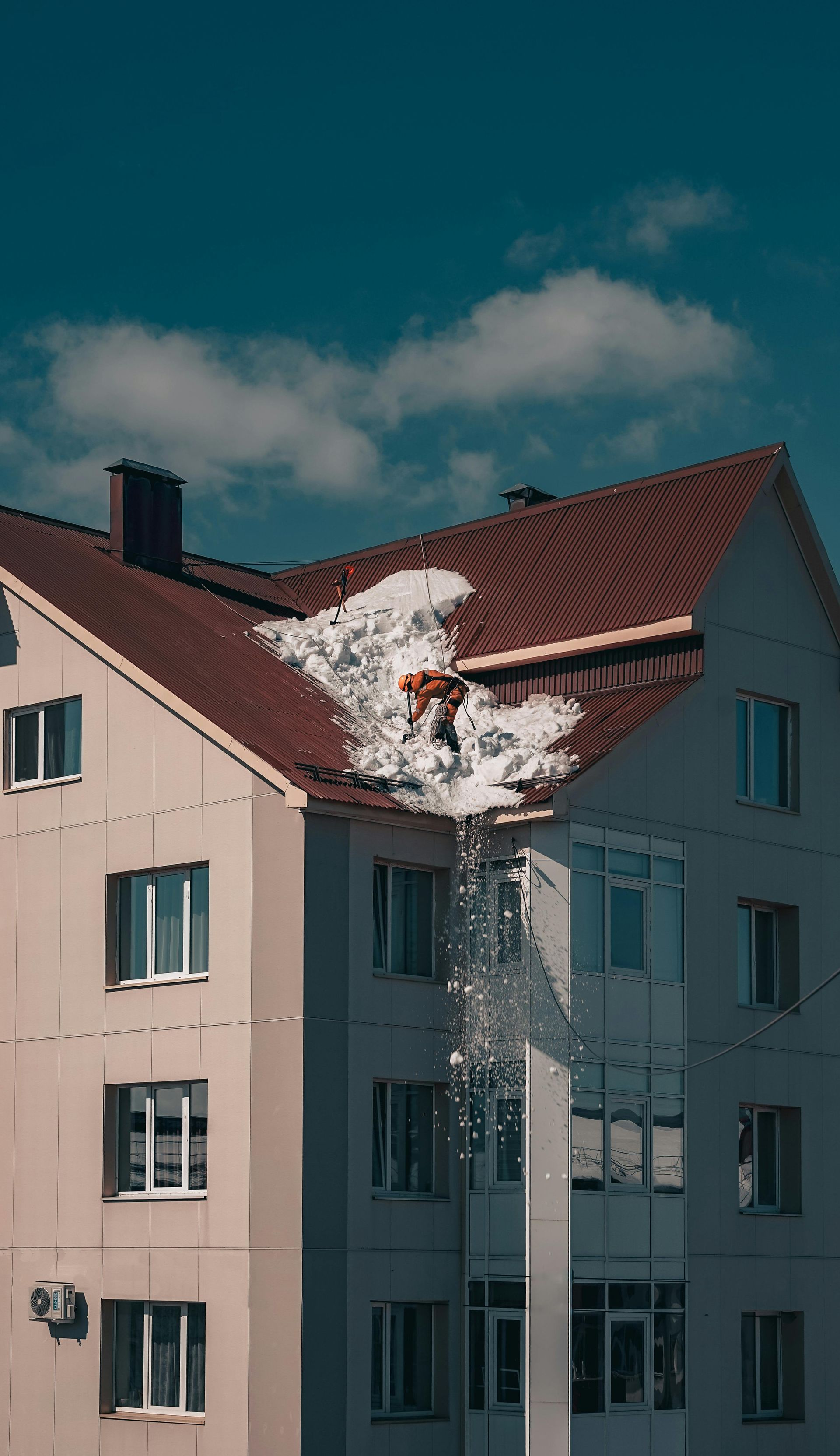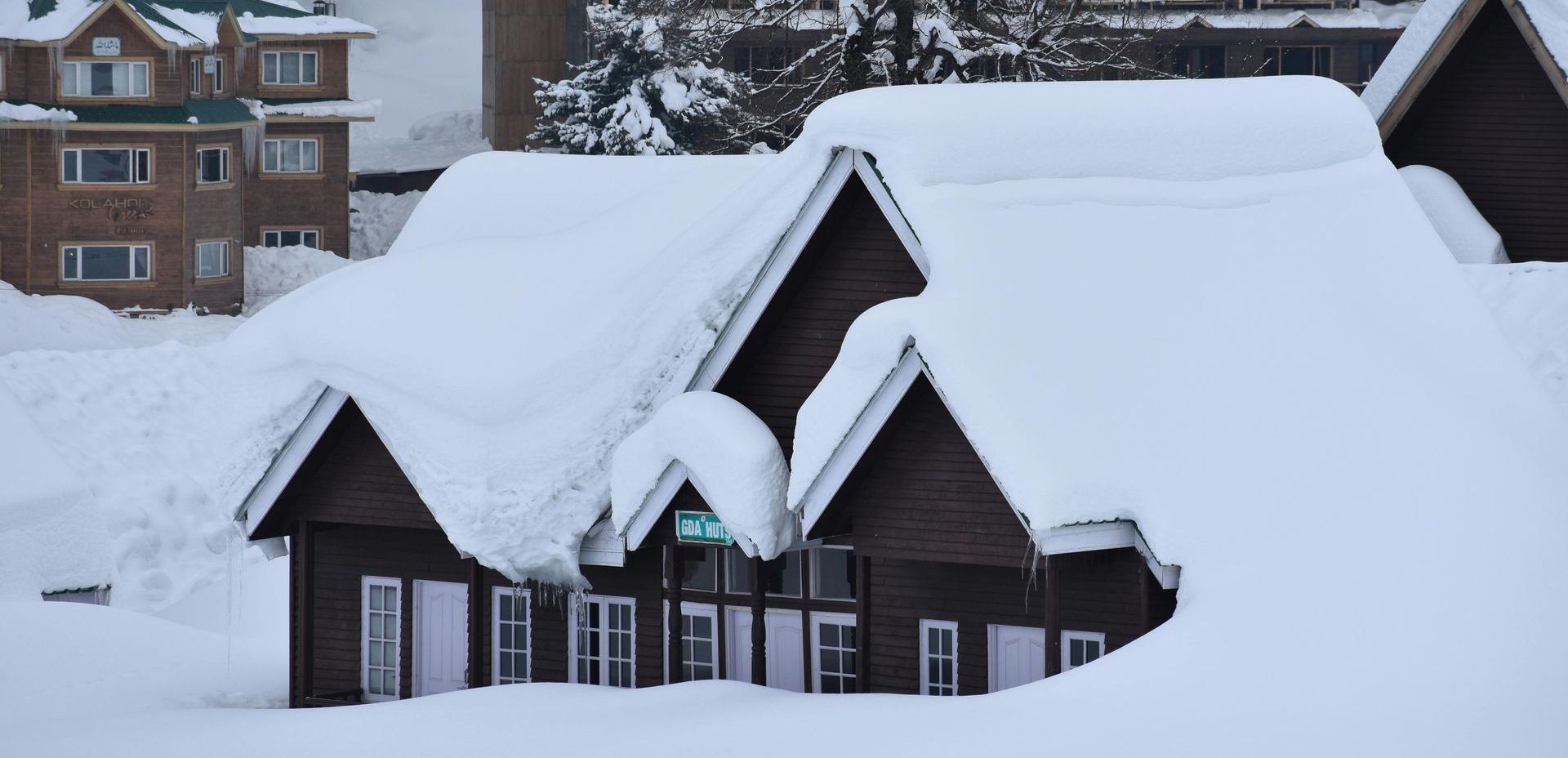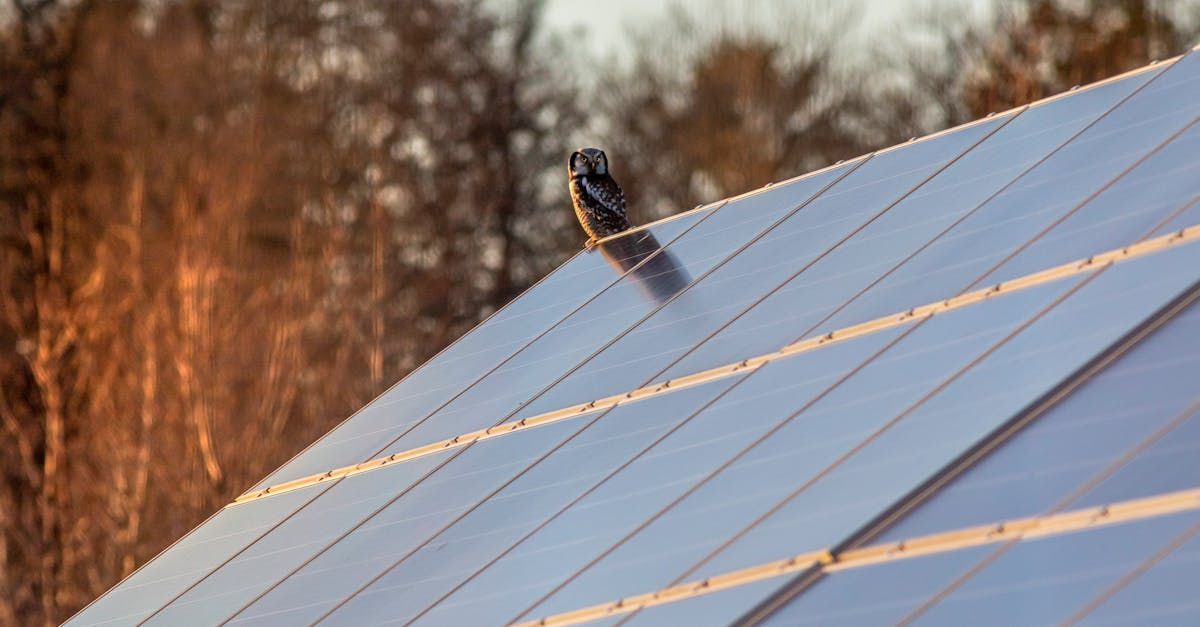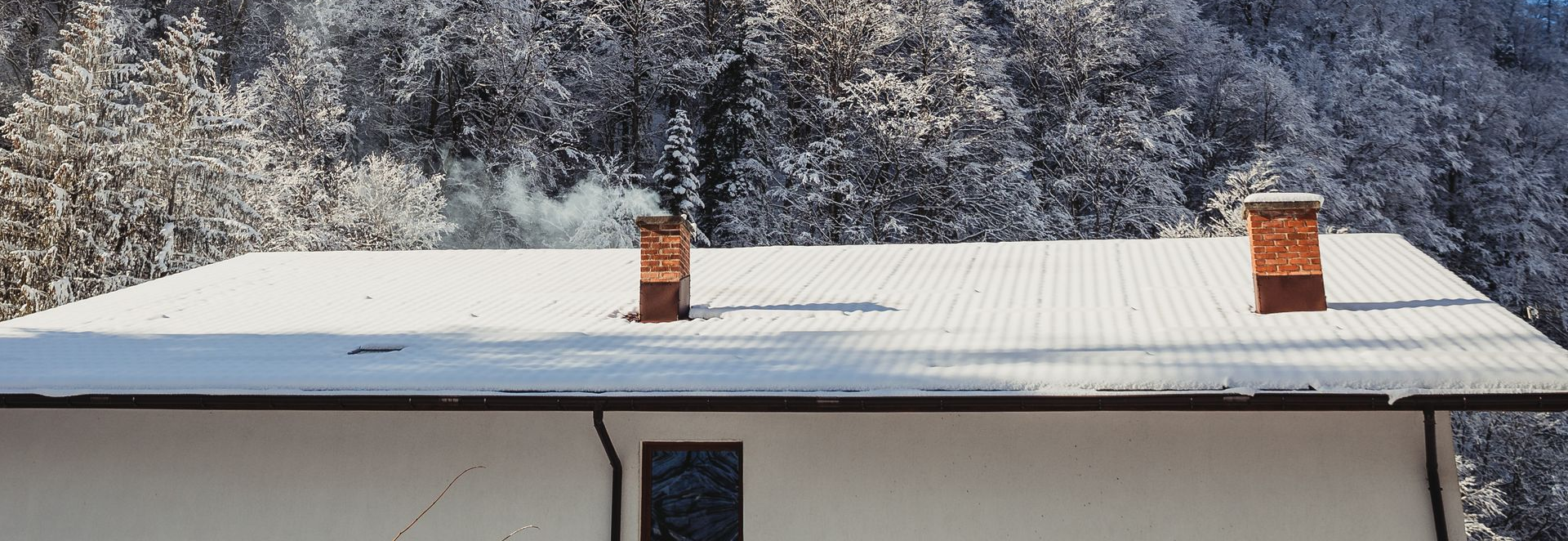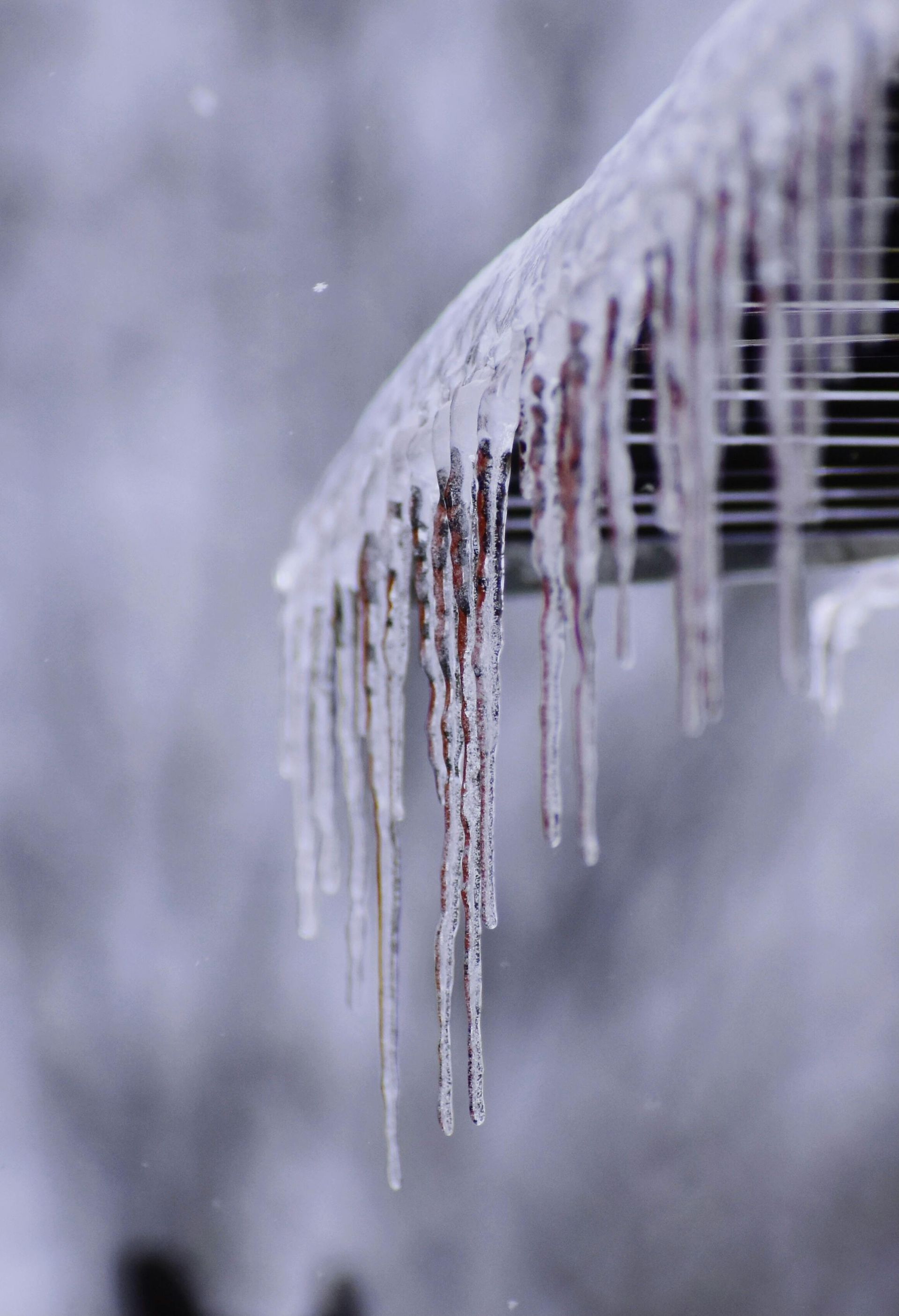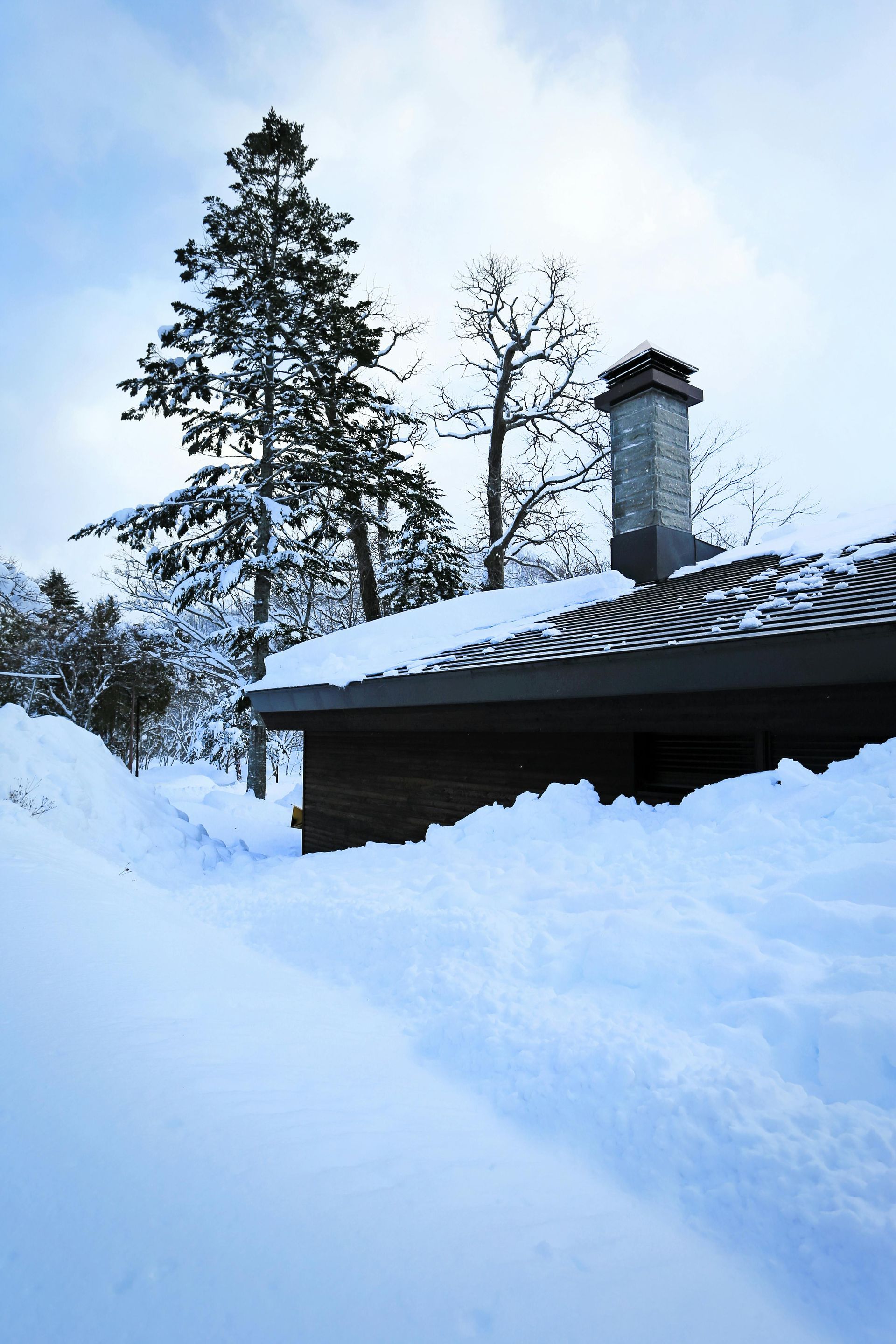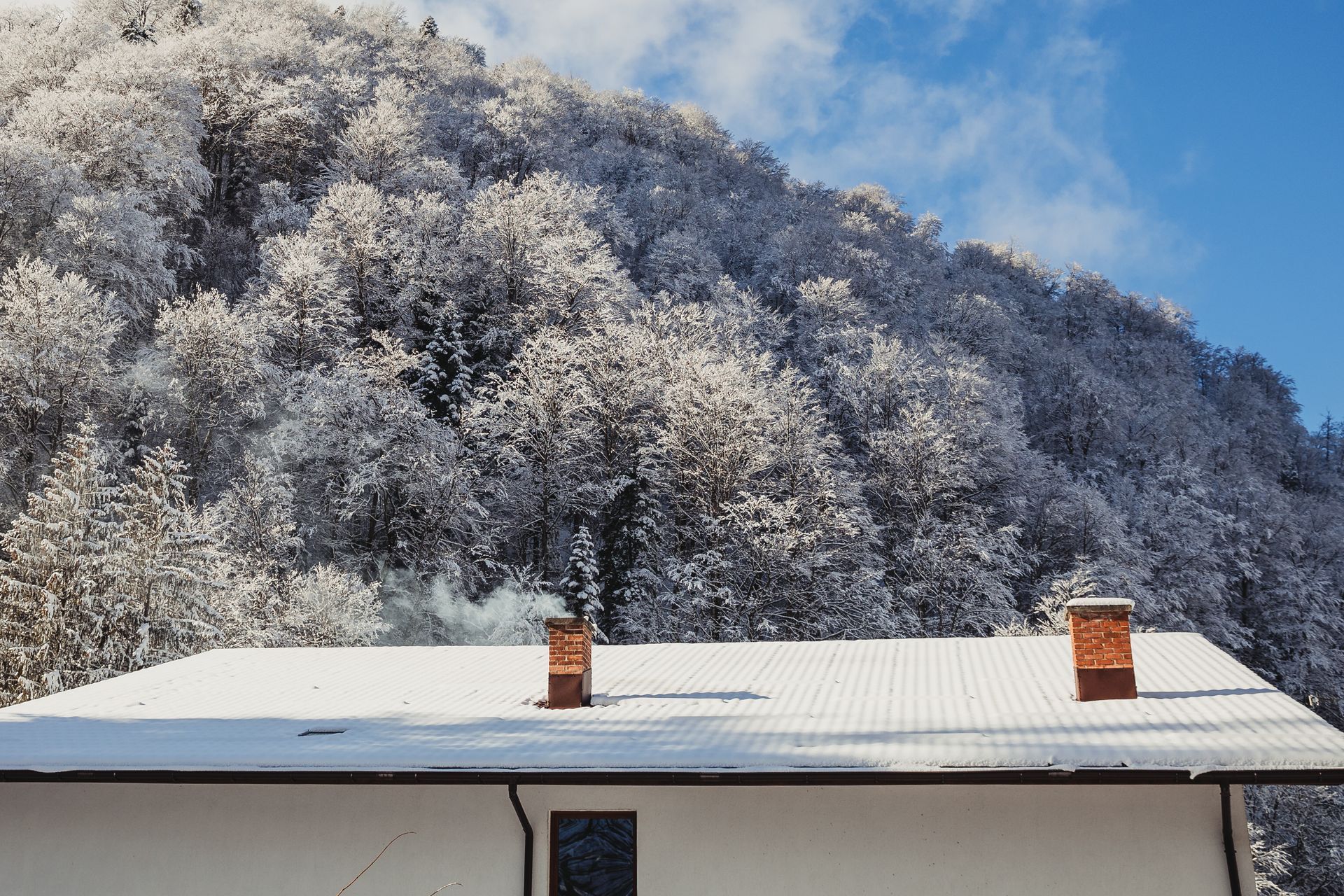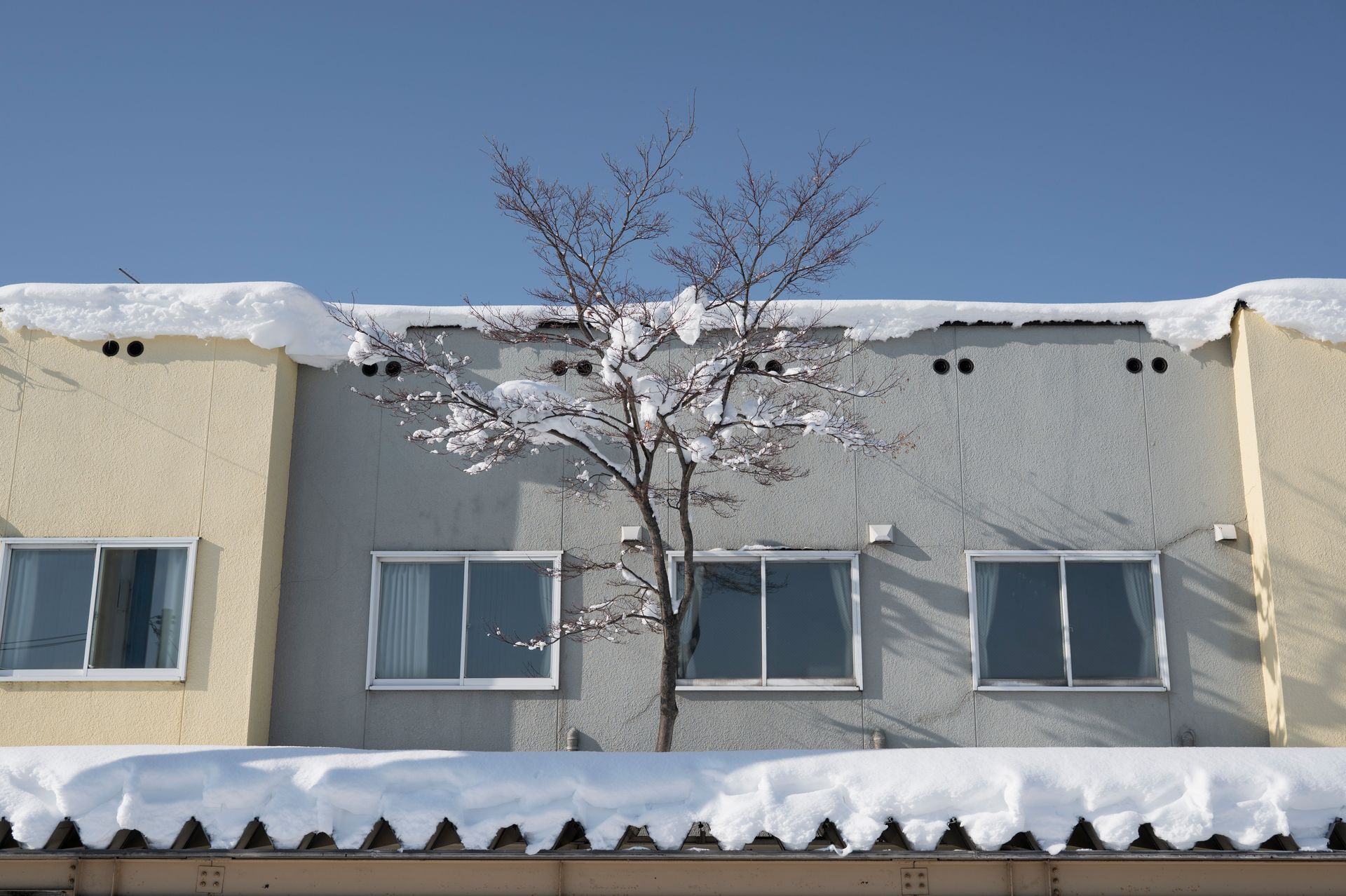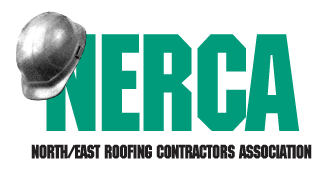7 Things to Know About Your Commercial Roof
7 Things to Know About Your Commercial Roof
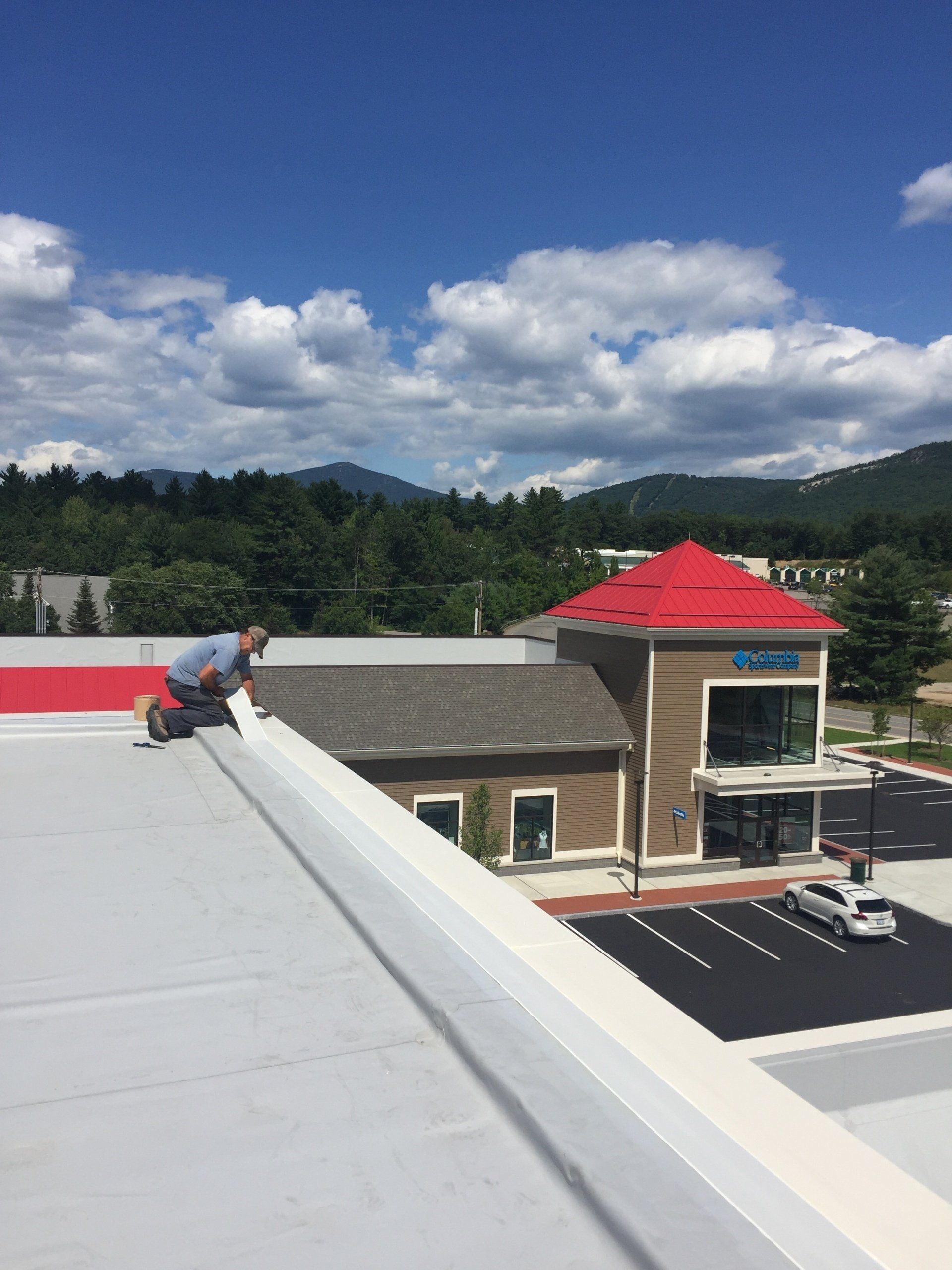
While residential and commercial roofs are extremely different, both are equally vital when it comes to knowing the best materials to use, potential risks, and slope. In other words, just because you can fix a leak on your roof at home doesn't mean you can do it on a business facility.
In reality, doing any repairs yourself is not suggested because it is risky and often more complicated than it appears. Instead, here are some things to know about your commercial roof so that you may make educated judgments.
- Find the right roofing material
- Hire a professional
- Maintain the roof
- Listen to your roofing contractor
- Don’t put off your roofing inspections
- Your roof is complex
- Your roof is not flat (even though it may be called flat)
1. FIND THE RIGHT ROOFING MATERIAL
Commercial roofs are generally bigger and more complicated than residential roofs. So you don't want to waste your money on a substance that you don't require. It can also be costly to make the wrong decision.
Simply put, researching the advantages and disadvantages of each material will pay out in the long run. A TPO roof, on the other hand, is a popular choice among many building owners. It may be a little less expensive, but its durability will pay for itself by reducing the danger of serious damage to your building's interior and assets.
2. ALWAYS HIRE A PROFESSIONAL
Working with a roofing contractor may appear to be costly at first, but it will be much less expensive than paying for frequent repairs and early replacement services. Even if the building appears to have only a minor leak, it may be more serious than it appears, and allowing someone with no experience to assess the roof can simply exacerbate the problem.
Working with a professional can also help you avoid further harm to your building's interior materials and assets. To safeguard your interests, make sure the company you hire is licensed, skilled, and insured.
3. MAINTAIN THE ROOF
Roof maintenance may appear to be an unnecessary outlay, but having to pay for delayed repairs can be extremely costly. Regular inspections and immediate attention to minor repairs can save you money in the long run.
Working with a skilled contractor with years of experience can help you create a Maintenance Program that includes inspections, minor repairs, recommendations, and an estimate and timeline for your next replacement.
4. LISTEN TO YOUR ROOFING CONTRACTOR
While some businesses are out to defraud property owners, others who have been schooled and have years of experience understand that stating the truth is in both parties' best interests. Rodd Roofing is one such contractor. With over 100 years of experience, training, and insurance, they will show you any problem areas and recommend repairs if necessary. However, if you decide to take a chance, conserving a small amount of money now will result in a large sum afterwards.
5. NEVER PUT OFF YOUR ROOF INSPECTIONS
Putting off your roofing inspections is just as dangerous as not scheduling them, because they will not be completed in the end. Even if you hire someone to do them, if you go with the lowest choice, they may not address all of the symptoms, which may end up costing you more money in the long run. To identify them, a professional roof inspector must be conversant with all roofing materials, components, and indicators of damage.
6. YOUR ROOF IS COMPLEX
Commercial roofing entails more than just a single sheet of construction material covering your structure. Many modern structures have multiple layers that contain a variety of devices to protect the property from rain and other adverse weather conditions. Insulation, air ducts, drains, waterproofing, flashing, fastenings, decks, and, of course, the roofing materials themselves are all part of this complex system.
These materials and equipment were thoughtfully placed not just to minimize leaks, but also to save energy expenses. A good rule of thumb to remember is that if someone merely inspects the roof's surface and calls it an examination, you should hire someone else because there's a lot more to it than that.
7. YOUR ROOF IS NOT FLAT
It's not flat just because it's called flat and appears to be flat. A small slope on a commercial flat roof allows for proper drainage. To securely convey water away from the building, the roof scuppers must be clear and clean. Otherwise, the water will crush the insulation, resulting in low spots, ponding, and leaks. Another argument for the importance of roof upkeep.
Finally, when it comes to commercial roofing, you should never take chances. Putting off inspections or choosing to disregard advised repairs is a significant mistake, especially because the structure is more sophisticated than a flat or inclined surface.
Remember that Rodd Roofing has been here for over 100 years helping businesses throughout Vermont and New Hampshire. If you have any additional questions, please reach out to one of our knowledgeable team members today.
